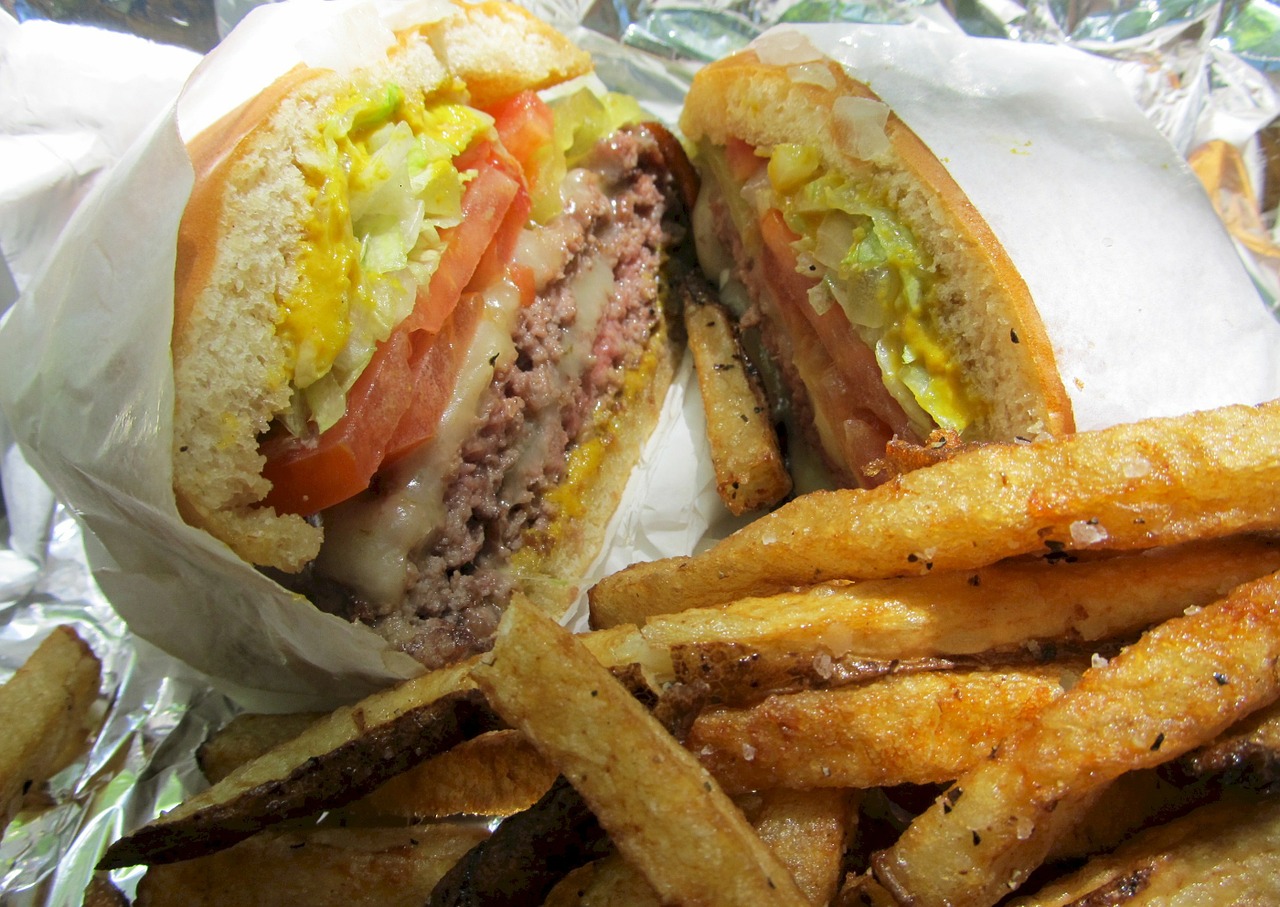There has been a lot of talk about how the minimum wage increase in states throughout the country will affect the restaurant business. Most recently, Seattle raised its minimum wage to the highest in the country, from $9.50 to $15 per hour. This has caused a great deal of concern specifically for franchised restaurants and hotels, which feel that that the law is discriminatory.
In fact, just last week the International Franchise Association asked a federal judge to immediately block portions of the city’s law. The lawsuit filed alleges that Seattle’s ordinance will irreparably harm franchisees and put them at a competitive disadvantage because it treats them as large employers simply because they’re associated with big corporations. According to an article in Fortune magazine, “the lawsuit takes aim at the provision of the minimum wage law that treats small franchises differently than other small, local business. As it stands now, franchisees must adopt the $15 minimum wage within three years—the same timeframe given to large employers. Other small businesses, meanwhile, have seven years to reach the $15 per hour threshold.” According to the lawsuit, the ordinance violates the interstate commerce clause of the Constitution and the equal protection clause of the Fourteenth Amendment. Its “discriminatory” nature, the suit says, “crosses the constitutional line.”
In the publication Restaurant Finance Monitor, when discussing the effect of Seattle’s wage increase, they note the possibility of franchisees slowing their move to Seattle while a few locations could end up closing. Mostly likely, however, restaurants in the Emerald City will “raise prices, reduce staff, and then keep going, perhaps with a lower profit margin than they once enjoyed, with smaller-scale franchisees selling to larger operators,” cites Restaurant Finance Monitor. In the meantime, for right now, restaurants in the Seattle market are taking a wait-and-see approach when it comes to expanding or renewing.
Other Effects of Wage Hikes
In addition to the direct costs of wage hikes in Seattle and elsewhere around the country where the publicity over the rate increases hasn’t garnered the same type of attention (seven states have passed legislation this year to raise the rate), many small (and large) businesses may mistakenly incorrectly pay their employees for a period of time after the increase takes effect. These can be costly mistakes, as minimum wage violations carry significant statutory imposed penalties under state and federal law.
Further, overtime violations at a higher rate of pay mean more significant damages that must be paid.
What’s more, we could see an increase in employment practices liability lawsuits. In fact, research conducted by law firm Seyfarth Shaw shows that between April 1, 2013 and March 31, 2014 there were 8,126 federal wage-and-hour lawsuits filed – about a 5% increase from the comparable period a year ago. According to Seyfarth Shaw, the increase in wage-and-hour claims is as a result of several reasons including talk of raising the minimum wage, which has put an increased focus on wage and hour laws and the availability of overtime pay. In addition, President Obama’s directive to the Secretary of Labor to revise the regulations on “white collar” exemptions has, as it did the last time the regulations were amended in 2004, caused employees to pay more attention to wage-and-hour policies and practices, noted Seyfarth Shaw in a press release the firm issued.
We will continue to keep you updated on developments in this area as they unfold, as it’s important area of concern for restaurateurs. At IPOA, we offer an insurance program specifically designed for restaurants with RestaurantPro. Our program addresses the unique exposures that fine dining and casual establishments and national and regions chains face, offering commercial property and liability insurance. Give us a call at 877-653-IPOA (4762) to learn more about our restaurant insurance solutions.






